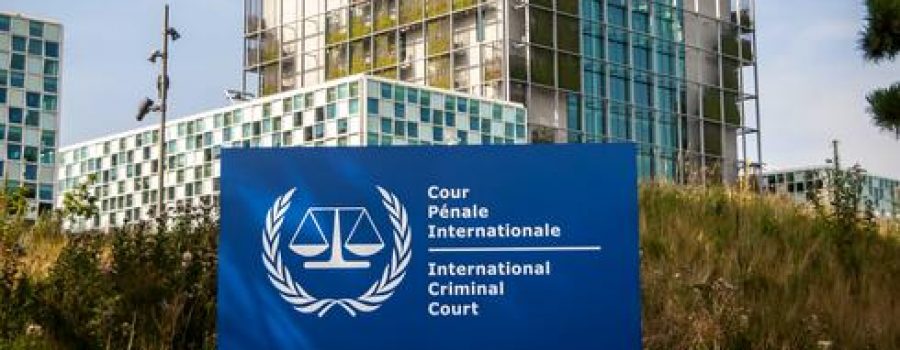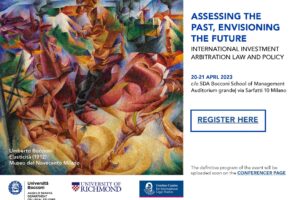Presidential Statement on Revocation of Executive Order 13928 and Travel Restrictions against ICC Personnel

Statement by ABILA President Leila Nadya Sadat
April 8, 2021
On Friday, April 2, 2021, the United States revoked Executive Order 13928 (EO), which had been adopted by former U.S. President Donald Trump on June 11, 2020. The EO declared the International Criminal Court (ICC) to be a threat to U.S. national security under the International Emergency Economic Powers Act (IEEPA). The EO, and the Regulations implementing it, were subsequently used by the Trump administration to impose sanctions on ICC Prosecutor Fatou Bensouda, and another senior member of her office, Phakiso Mochochoko. Although policy differences between the ICC and the United States have been long-standing, the use of an Executive Order permitting the imposition of civil and criminal penalties upon officials of an international organization was unprecedented and perceived as Executive overreach and an attack on the judicial independence of the Court. It also provoked a rift between the United States and many of its closest allies which are strong supporters of the Court.
As President of the International Law Association (American Branch), I commend President Biden’s actions terminating the national emergency declared in the June 11 Executive Order, revoking the June 11 executive order, and ending travel bans on ICC personnel. The President’s action is consistent with his declaration that “America is back,” and ready to join its allies in the promotion of human rights and global governance achieved through the rule of law. Although Secretary of State Anthony Blinken announced that the United States was not withdrawing its “long-standing objection to the Court’s efforts to assert jurisdiction over personnel of non-States Parties such as the United States and Israel,” he also agreed that “engagement with all stakeholders in the ICC process rather than the imposition of sanctions” was the proper approach.
I would like to thank the many individuals, and particularly members of the Branch, who worked assiduously on lifting the sanctions and revoking the Executive Order. Some worked behind the scenes, some wrote articles and blogs on the impact and legality of the sanctions and the Executive Order, and others, including this writer and other ABILA leaders, brought lawsuits challenging its constitutionality. As one Federal Court has already found, the EO was so sweeping in its provisions that individuals attempting to work with the Court, whether by providing information, submitting amicus briefs, or doing legal analysis, could be prevented from doing so, in likely violation of their First Amendment rights
Since its founding in 1922, in the wake of a devastating global conflict, the ABILA has stood up for the rule of law. Our work emphasizes the need for negotiation, diplomacy, and civil discourse even when approaching difficult and tendentious issues and policies. We hope that the United States can now move forward and work constructively with the ICC, joining its allies and friends and advancing the rule of law and international justice. As General Wesley Clark (Ret.) wrote in his critique of the EO, “the United States benefits from its leading role in developing and complying with international law and from the institutions that help enforce that law.” Worrying trends of authoritarianism and human rights violations require the reaffirmation of our commitment to international institutions and the rule of law.




